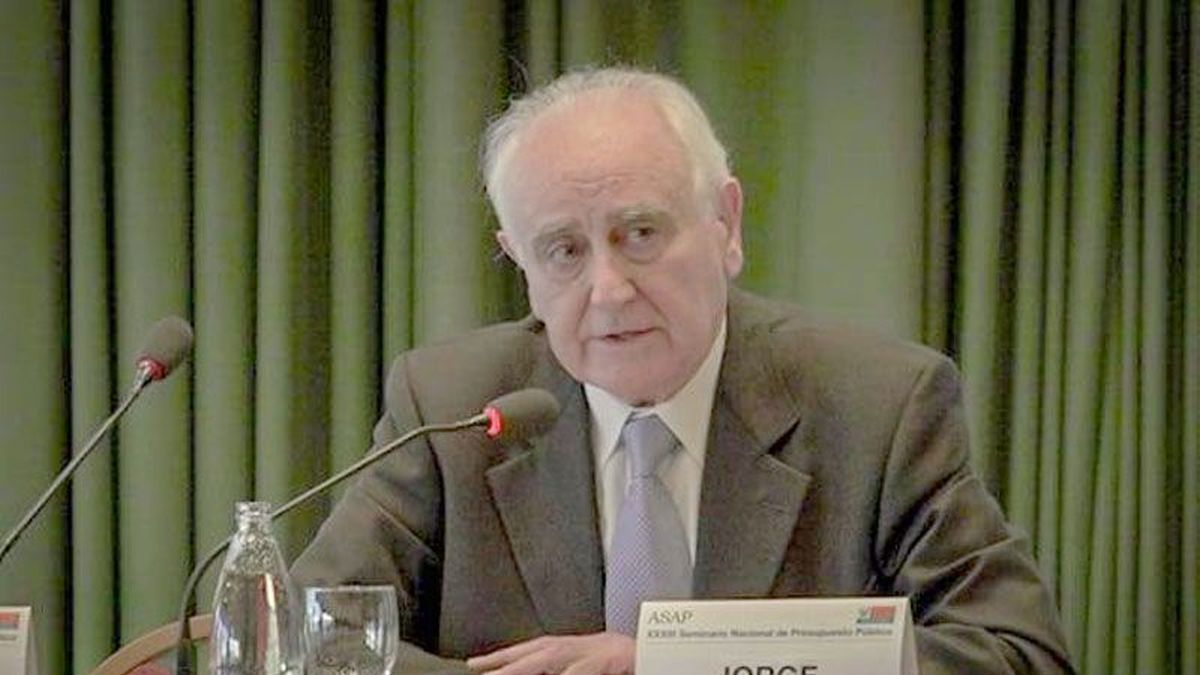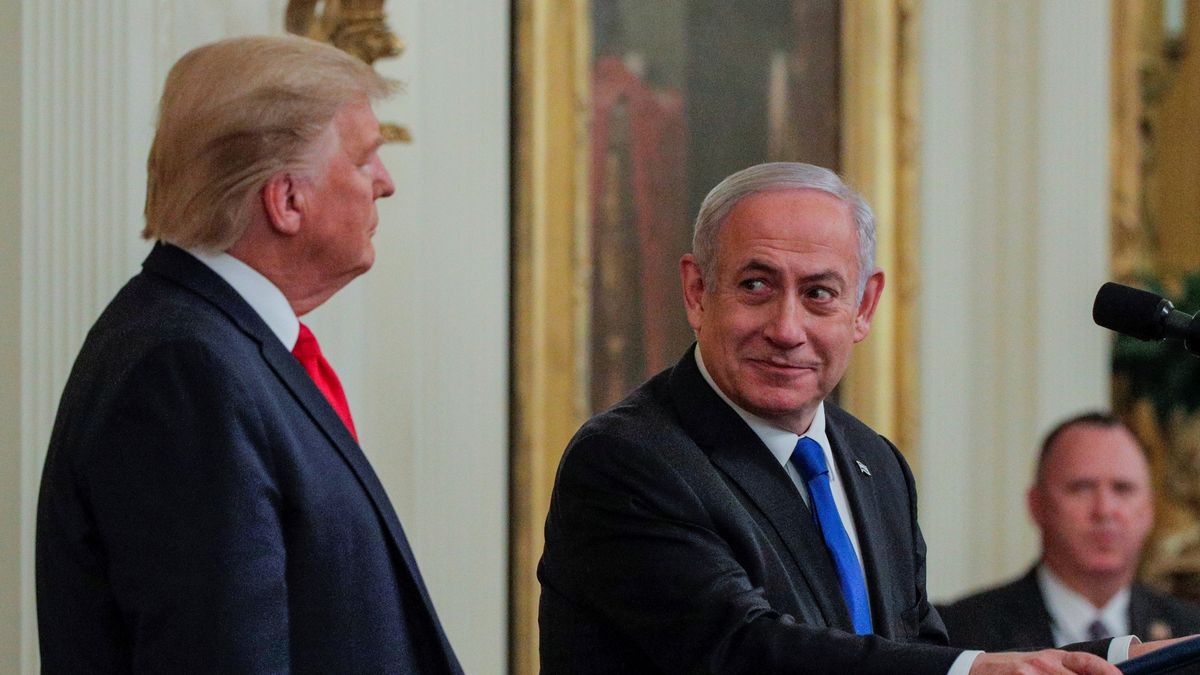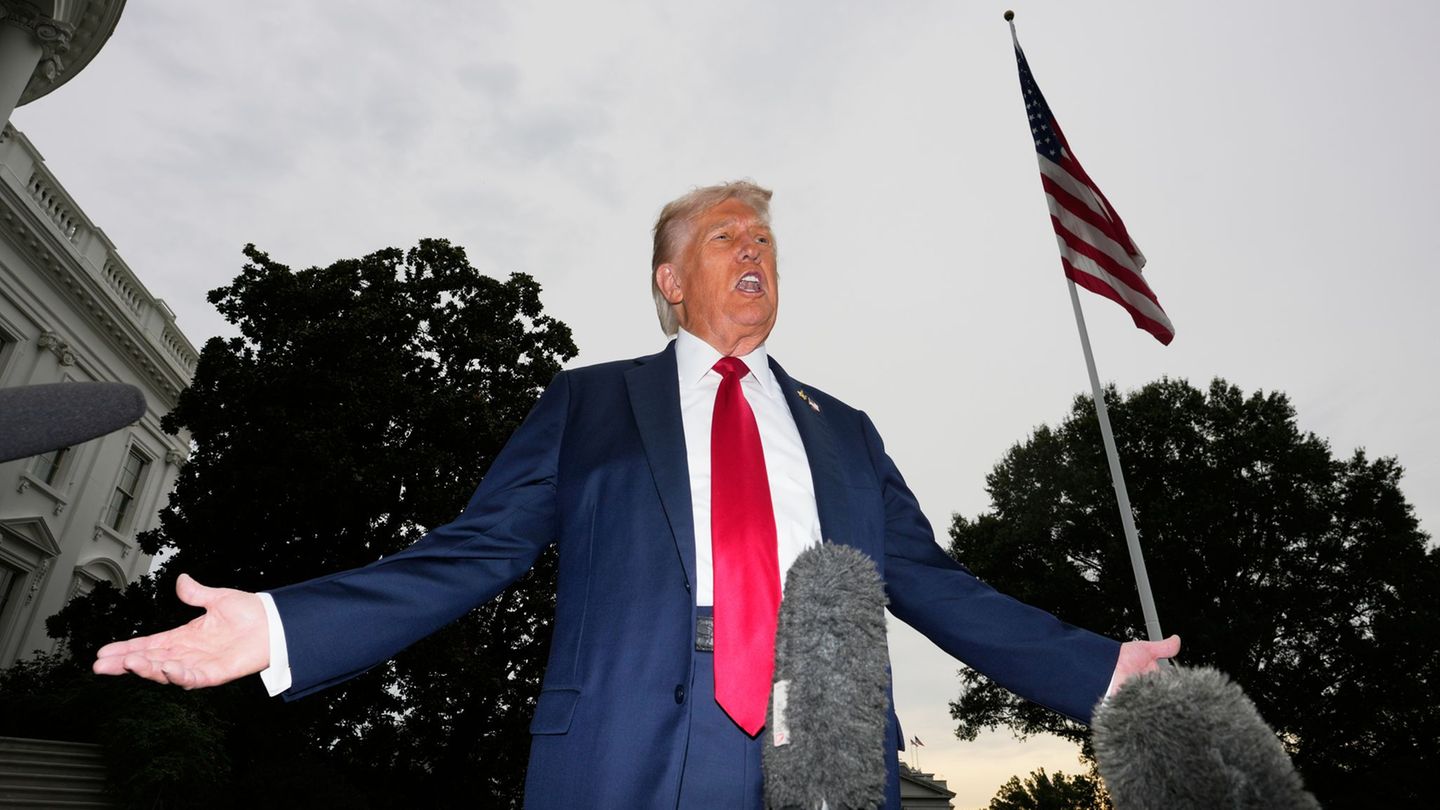The former Minister of Economy during the presidency of Eduardo Duhalde, Jorge Remes Lenicov, rejected the possibility of implementing a dollarization since “there are no dollars” and that, even if there were, it would generate a problem in the generation of employment and it would not solve the difficulties of the productive sector. He also revealed that he faced pressure to dollarize the economy from many sectors and was opposed to implementing shock programs in the medium and long term.
The ex-minister explained in dialogue with C5N that as of 1998 the idea of dollarizing the economy and stressed that when he took office, after Duhalde’s triumph, he had “a lot of pressure to devalue. Pressure from different sectors, for example from privatized companies that had rates adjusted for dollars, wanted to dollarize, many banks that are members of the financial system also , because they had an inflow and outflow of capital and that was convenient for them.
One of the main consequences of dollarizing, according to Remes Lenicov, is the loss of policy instruments and added: “I think that a country that is developing needs to have all the instruments available. If you dollarize, you lose the ability of exchange and monetary policy“.
On the side of the consequences on the workers, he was skeptical: “I would start charging dollars, if there are dollars, but there are no dollars either. And suppose there were dollars, it charges in dollars, but it is subject to the productivity of the United States and the strength or weakness of the dollar. If it strengthens, as it has strengthened, Argentina also strengthens its currency.”
Finally marked that it could solve the inflationary issues, but it would not solve the underlying problems of the productive system: “It can solve the issue of inflation because they are dollars, but it does not solve the real problems of the productive sector and it would be more difficult to create jobs.”
Asked if they had seriously considered its implementation at that time, he said they scrapped the idea.
Crash of 2001
On the lessons learned from the crisis of 2001remarked that “we have not learned from the integrality of the economic policy”: “It must be announced, all the communicating vessels that the economy has must be fully united.”
“We made a shock for the short term, but I do not agree for the medium and long term,” he added.
He also stressed that this scenario showed that “one has to see if they first have political power, this is central. We did what we did because Peronism and radicalism allowed us to draw up the necessary laws for the short term. The agreement was to get out of the convertibility”.
IMF
“At that time they were super dogmatic,” he said. Remes Lenicov on the negotiations that he carried out with the IMF. “They were ‘the one who makes them, pays for them’. Now it has become more flexible, but it continues to be the IMFlends you under certain conditions”.
“At some point you have to negotiate with the fund, but you have to start from a pre-established program. There have been big mistakes in our economy ministers, who went to the fund to say that they want us to do it and they gave them the money, we were with our program and they told us ‘as they didn’t tell us'”.
Source: Ambito




